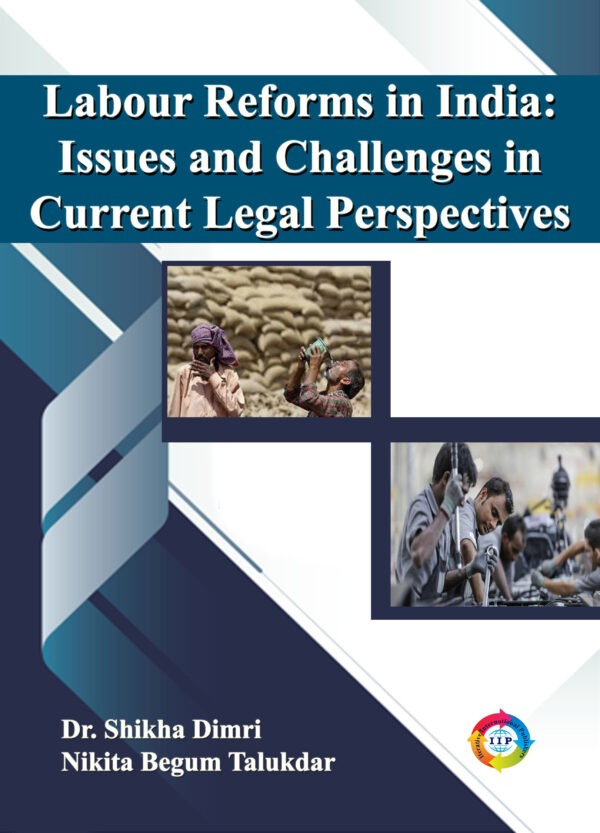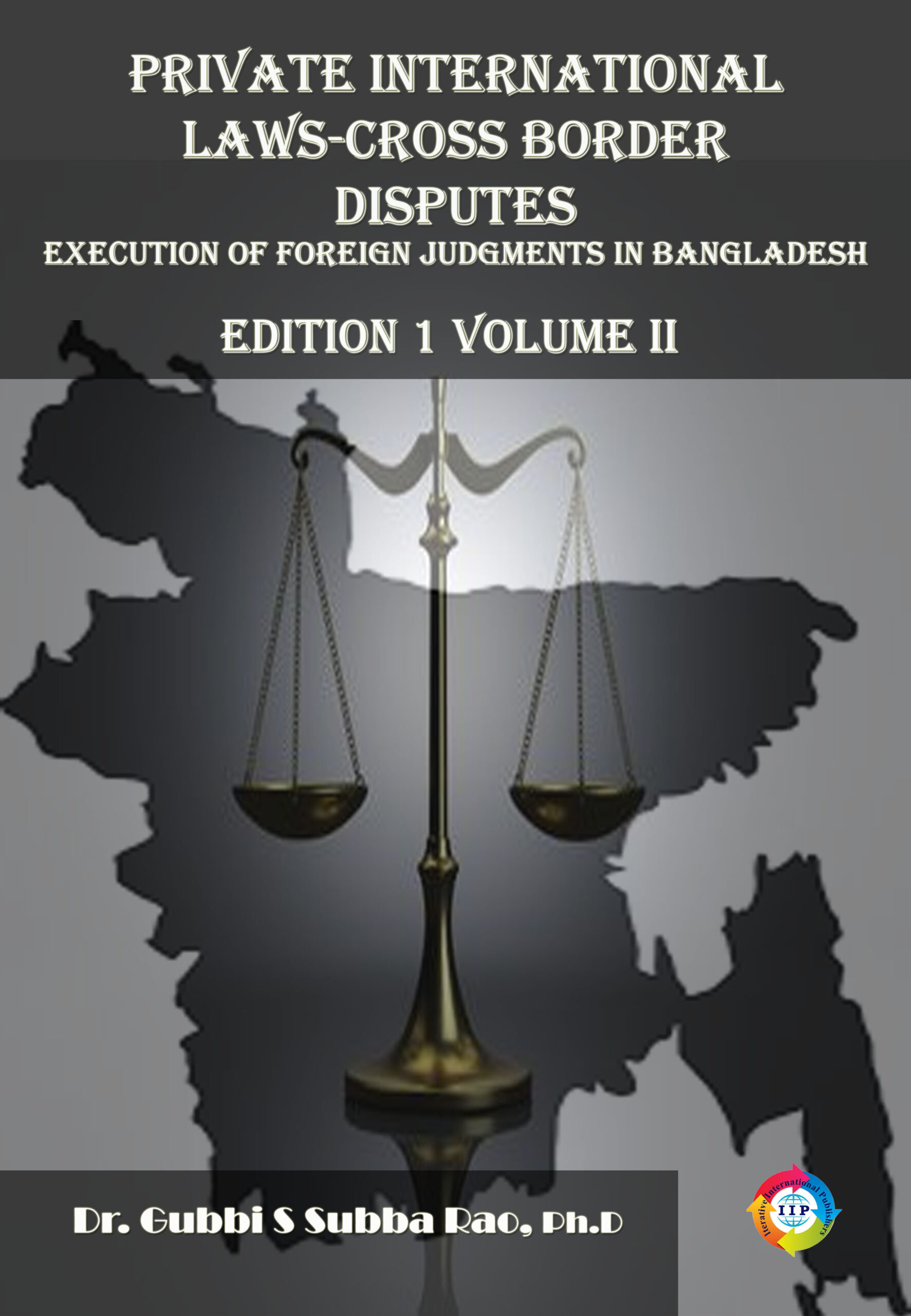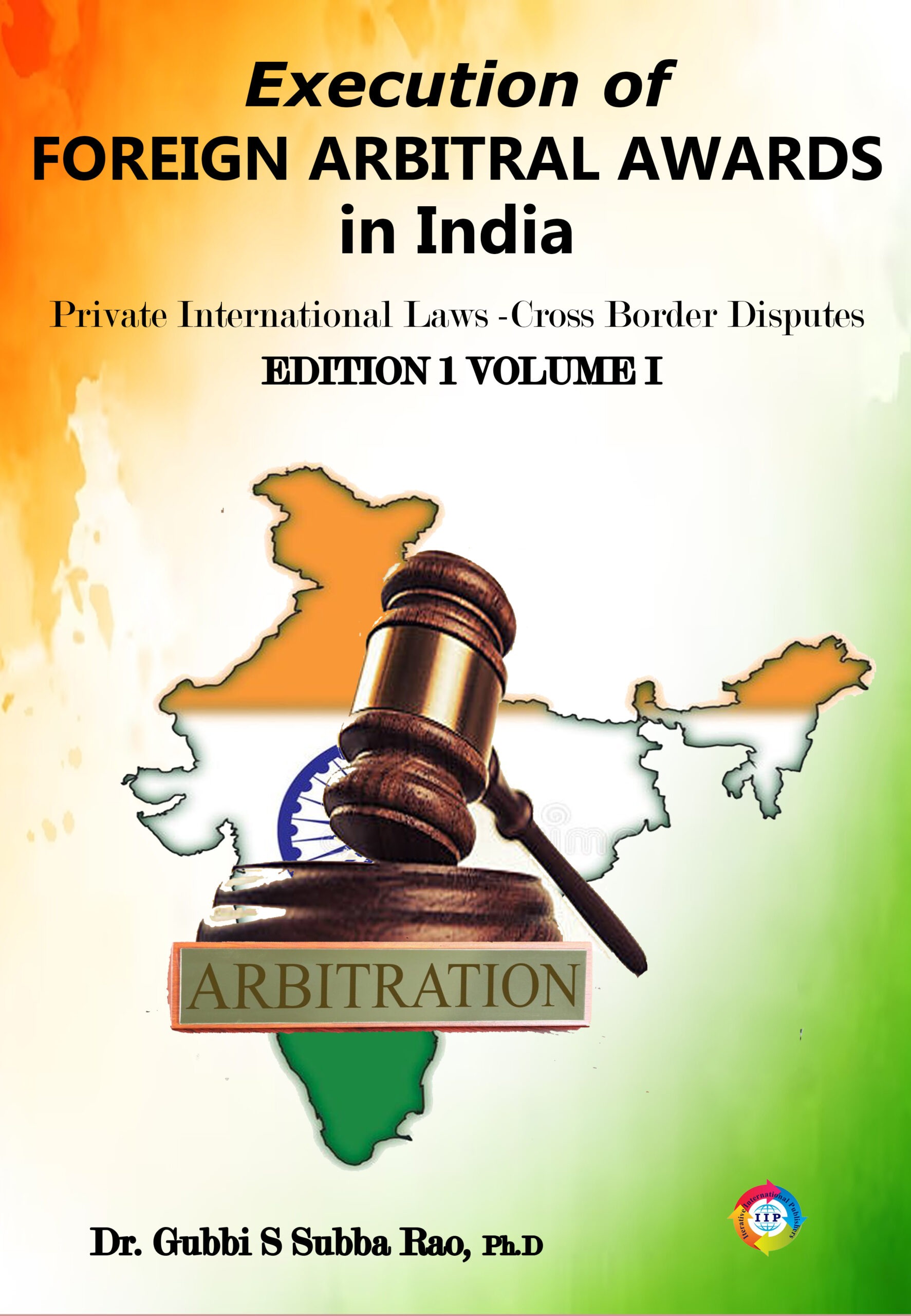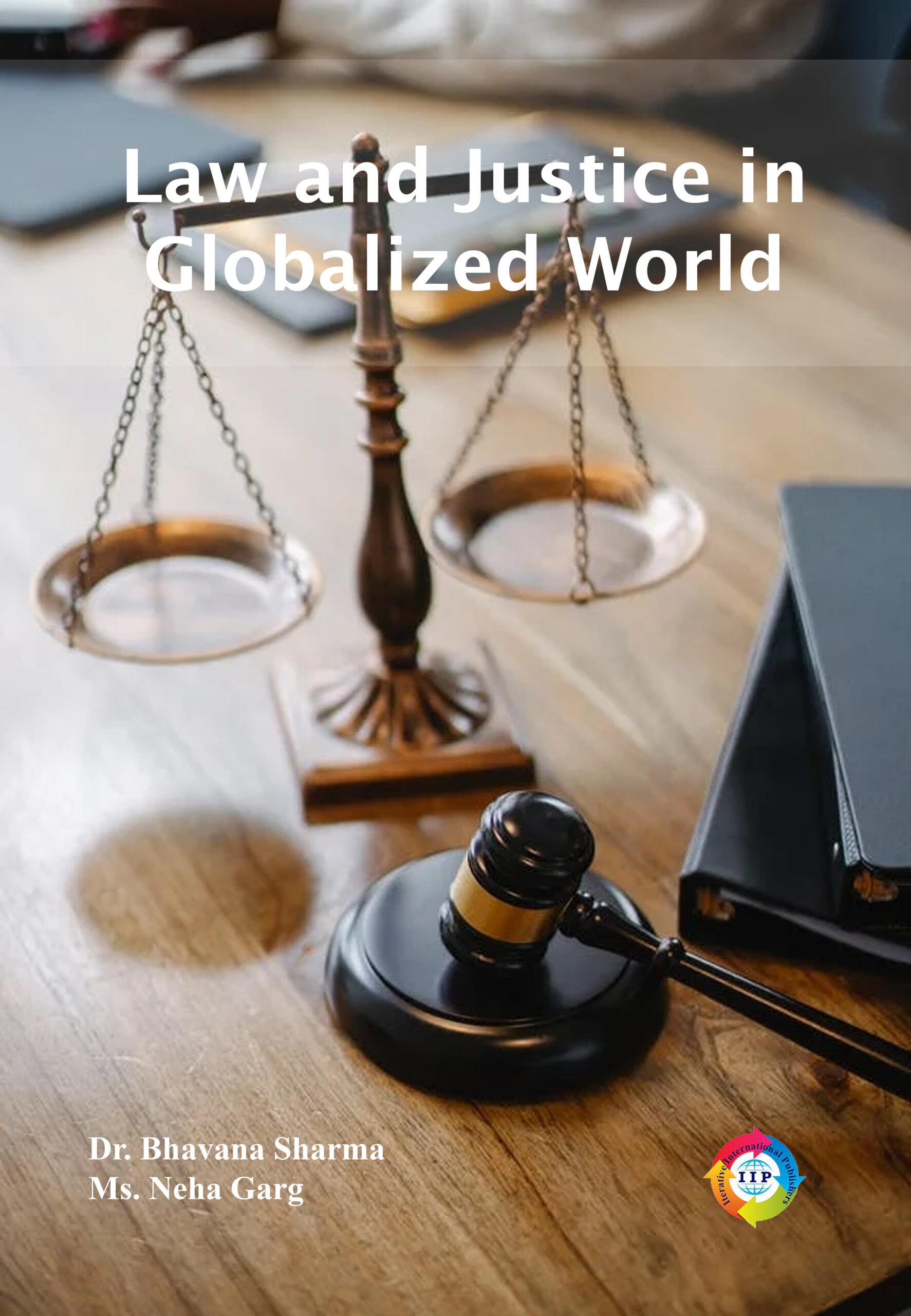The sheer complexity of India’s labour law regime, which comprises more than 150 legislations with conflicting provisions in different statutes and archaic obligations flowing from them, was unfathomable. The existing labour laws was said to be complex, archaic and procedure bound. The codification of labour laws and the reforms introduced by the passing of the four major codes by the legislature is imperative and was much needed.
The Edited Book on“Labour Reforms in India: Issues and Challenges in Current Legal Perspectives”aims to analyse the four Labour codes/reforms passed by the parliament recently in 2019-2020. The four codes that is: the industrial Relations code 2020, Code on wages 2019, Occupational Safety, Health and Working Conditions Code, 2020 (OSHWC) and the Code on Social Security 2020 primarily focuses to simplify, consolidate and modernize labour regulations subsuming 29 existing labour legislations. These codes have tried to fill certain gaps and remove complexities, which earlier existed in the laws. These four codes have brought important amendments in the area of wages, working conditions of labours, social security and Industrial relations.
Though the amalgamation of labour legislations can be considered as a major step towards reform, another concern will be regarding the dilution of the socialistic oriented labor perspective, which existed in Indian industrial jurisprudence. The daunting challenge before governments will be to balance the market, labour, and the employer. Research and analysis on these Codes are henceforth required. In this book the Researchers, academicians have analysed the issues and challenges in the four Labour codes and has put forth the suggestions and solutions to overcome it.









Reviews
There are no reviews yet.